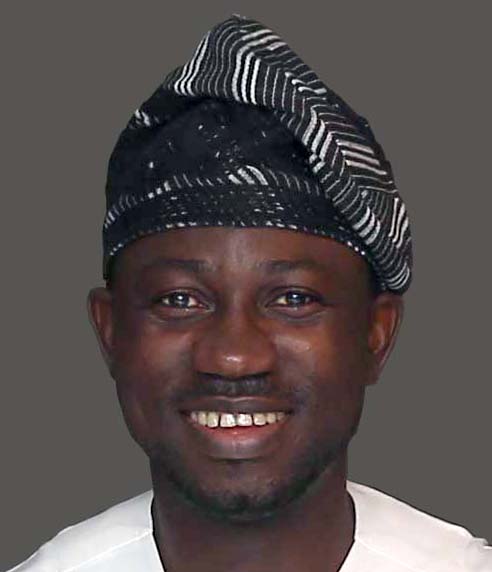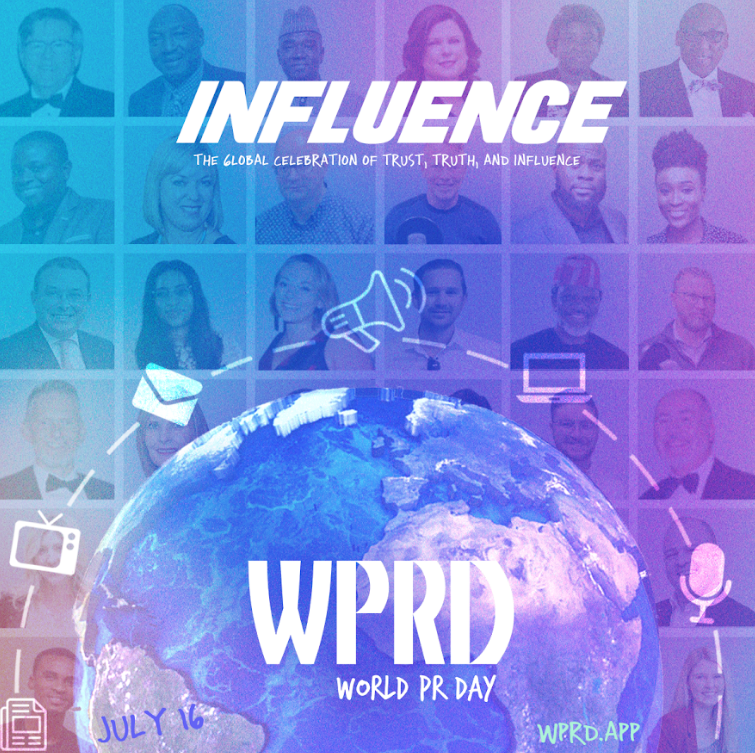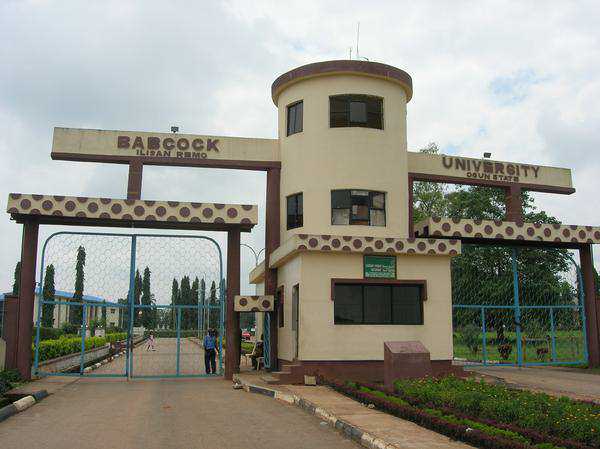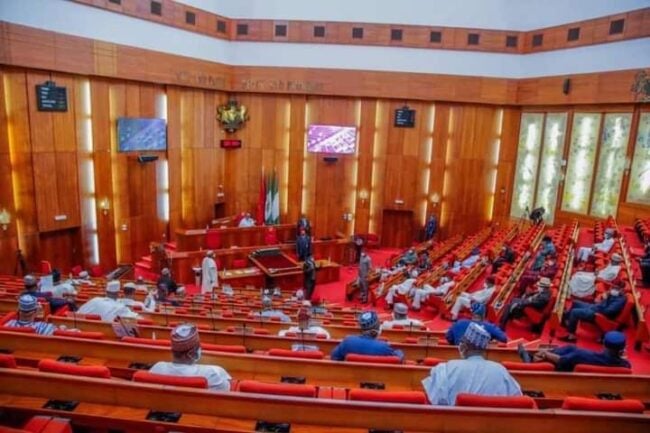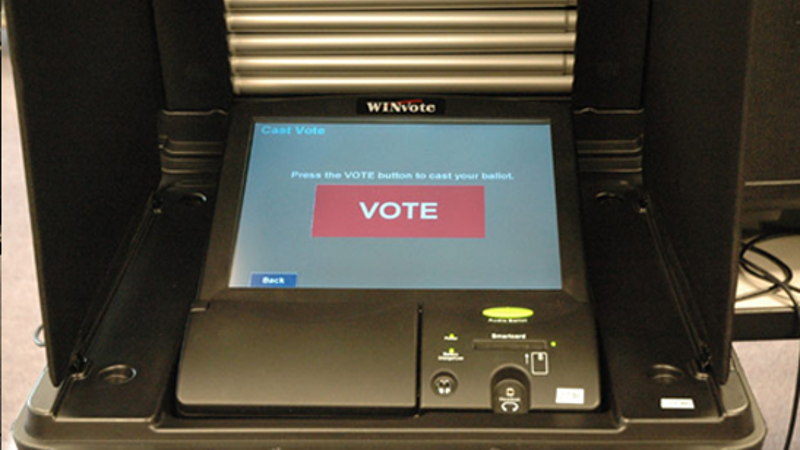Businesses, governments, and people do themselves a huge disservice if they continue to fail to see PR for what it is and should be: a strategic aspect of business and governance, invaluable in building relationships, preventing crises, achieving business objectives; pushing national interest, and preventing the kind of confusion that could ruin a company or lead nations to war.
Public relations hires hundreds of thousands of people around the world; working for many organisations, governments, celebrities, and causes – almost 100,000 in the UK alone, according to the PRCA’s PR and Communications Census 2020.
Professionals are often graduates of colleges and tertiary institutions; certified by government-chartered regulating institutes, and trained by many academies and associations around the world.
There are established ethics guiding the practice of public relations, organisational codes of conduct, principles for evaluation, and consequences for quackery.
Advertisement
From Nigeria, where I grew up and first established my PR practice, I could follow and participate in the activities of the Africa Public Relations Association, Public Relations and Communications Association, Chartered Institute of Public Relations, and Public Relations Association of America. In fact I participated in training, conferences, and development, from Mauritius to Finland and London.
For someone who studied Microbiology, and entered Public Relations by way of journalism, I found the barriers to entry, and standards, remarkable.
I was not admitted into the Nigerian Institute of Public Relations until I had studied and obtained a diploma, and the Public Relations Consultants Association would not admit our agency unless I was an NIPR member. Maintaining my industry credentials requires continuous professional development.
Advertisement
Public relations covers a wider range of markets, functions and industries, in communications, corporate services, digital affairs, community management, internal comms and more, doing the tough, often thankless, and never-ending job of helping brands, organisations, leaders, celebrities, sportspeople, and charities communicate clearly, be it to boards, consumers, investors, citizens, or shareholders.
I see them every day. I understand what they do. I appreciate it. Many of their principals and clients do. Some of the biggest organisations and governments in the world do. Sadly, there appears to be a large number who are in between not knowing what PR is/does; and believing it only serves a publicity/media relations role. Many do not trust the profession (nearly 70 per cent of the general public, according to one PR Week survey). And of course, those who blame an entire industry for the activities of hacks.
A similar PR Week survey of 1,500 people in Britain found that ‘‘Nine in ten (92 per cent) people polled claim PR is primarily used to deceive the public, while an identical proportion claim that PR professionals ‘bend the truth’. It’s the same everywhere, from South Africa to India and Belgium.
How then could we possibly get the best value out of something if we do not understand what it does, how it works, or how to use it? Imagine not understanding what doctors do, and the many ways they could help prevent illness, cure sickness, and literally save our lives? Imagine not having the privilege of understanding how science or literature or banking works? Or engineering? Music? Not being able to use them for individual or collective advantage because we don’t understand what they do; how they work?
Advertisement
Close your eyes and look at the picture.
Yes, it scared me too.
Actually, we only understand them to the extent that we do, partly because of the work of public relations and communications people. But because PR is a behind-the-scenes profession, often seeking neither credit nor attention, but suffering reputational damage with each practitioner’s misdemeanour or quack activity, what has emerged is sadly a situation where when it comes to PR, the media are sceptical, public wary, and executives and leaders indifferent.
The late Nigerian lawyer Efere Ozako was so worried about the poor understanding of the law profession that he single-handedly drove an advocacy campaign ‘Wetin lawyers dey do sef’ (Pidgin English expression for ‘Wait, what do Lawyers actually do?’). He took the query away from the domain of sceptics and naysayers and owned it in such a way that he was able to provide information and education about the legal profession for the benefit of anyone who needed to know. It worked.
Advertisement
The world has now reached a point where we cannot afford to have too many people asking: ‘What do PR people actually do?’ We have reached a point where we cannot afford to not have the value that public relations brings as citizens and consumers are actively demanding companies and governments do better; and as the world comes to the understanding that there’s a desperate need to unite against poverty, global warming, crime, disease, racism, and everything else that seeks to bring humanity to its knees.
Trust, truth, integrity, honesty, positive influence, responsibility – the pillars driving Sustainable Development Goals, Environmental, Social and Governance impact, and other similar interventions are the same pillars upon which public relations is built. And it’s time for everyone to take advantage.
Advertisement
That’s why today, July 16, on what’s the first-ever celebration of World PR day, we’re asking everyone: student, politician, accountant, investor, journalist, lawyer, artisan, to take a simple pledge: to help build trust, and integrity, through honesty, responsibility and fairness in communities and organisations because the world needs it badly.
As we begin the work of helping everyone understand and use PR better, this pledge must guide everything we do, such that in future, journalists, academics, even clients will find it easy to identify and isolate miscreants and those behaving badly from the pack of professional, ethical practitioners, the same way they would when a rogue doctor is apprehended. And that would only be the beginning.
Advertisement
The preferred endpoint? That would, in my view, be a time when we can comfortably say we – citizens, governments, and organisations – are successfully using the understanding and application of public relations and communications to build a world that protects the most vulnerable, prioritises environmental, social and governance matters, accelerates sustainable development; you know, a far better world than we have today. Not the so-called utopia, but closer to what everyone considers ideal.
It always looks impossible until it’s done.
Advertisement
Views expressed by contributors are strictly personal and not of TheCable.
Add a comment
